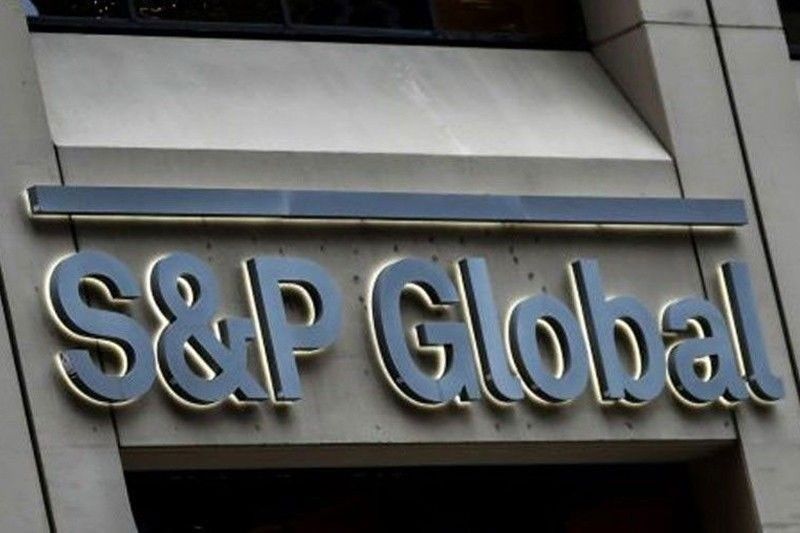S&P: Higher provisioning to weigh on Philippine banks

MANILA, Philippines — A higher provisioning for potential loan losses, coupled with a downward pressure on margins due to uncertainties brought about by the pandemic, may weigh on the profitability of Philippine banks until next year, according to S&P Global Ratings.
Nikita Anand, primary credit analyst at S&P, said the economic risk trend for Philippine banks is negative after the country slipped into recession due to the impact of the pandemic.
“We expect high credit costs and downward pressure on margins to weigh on the sector’s profitability in 2020 and 2021,” Anand said.
The economy stalled with the gross domestic product (GDP) contracting by 10 percent from January to September amid containment measures to prevent further spread of the virus.
The GDP shrank by 11.5 percent in the third quarter, a record 16.9 percent in the second quarter, and 0.7 percent in the first quarter as Luzon was placed under enhanced community quarantine in mid-March.
Latest data from the Bangko Sentral ng Pilipinas (BSP) showed the net income of Philippine banks slumped by 29 percent to P126.78 billion from January to September compared to last year’s P171.16 billion as the industry’s provision for potential loan losses quadrupled to P143.82 billion from P36.64 billion.
Likewise, the gross non-performing loan (NPL) ratio of the industry soared to a seven-year high of 3.4 percent in September from 2.84 percent in August as restructured and past due loans continued to soar amid the economic fallout caused by the pandemic.
Anand said consumer, micro, small and medium enterprises portfolios would contribute to higher NPLs in the coming quarters.
On the other hand, she said large conglomerates, with their strong business profiles by domestic standards and good access to liquidity, are better placed to weather the storm.
However, she warned a longer or deeper recession could set off a sharper asset quality deterioration for banks, due to potential stress in large corporate book.
“We expect the banking sector’s credit costs to stay elevated at 1.5 to two percent of gross loans over 2020 and 2021 compared with the five-year average of 0.4 percent,” Anand said.
Anand said a further lowering of the reserve requirement ratio for banks could partly mitigate the downward pressure on margins.
- Latest
- Trending


























